Shenanigans in WHO South-East Asia as Politician’s Daughter Contests Regional Director Election
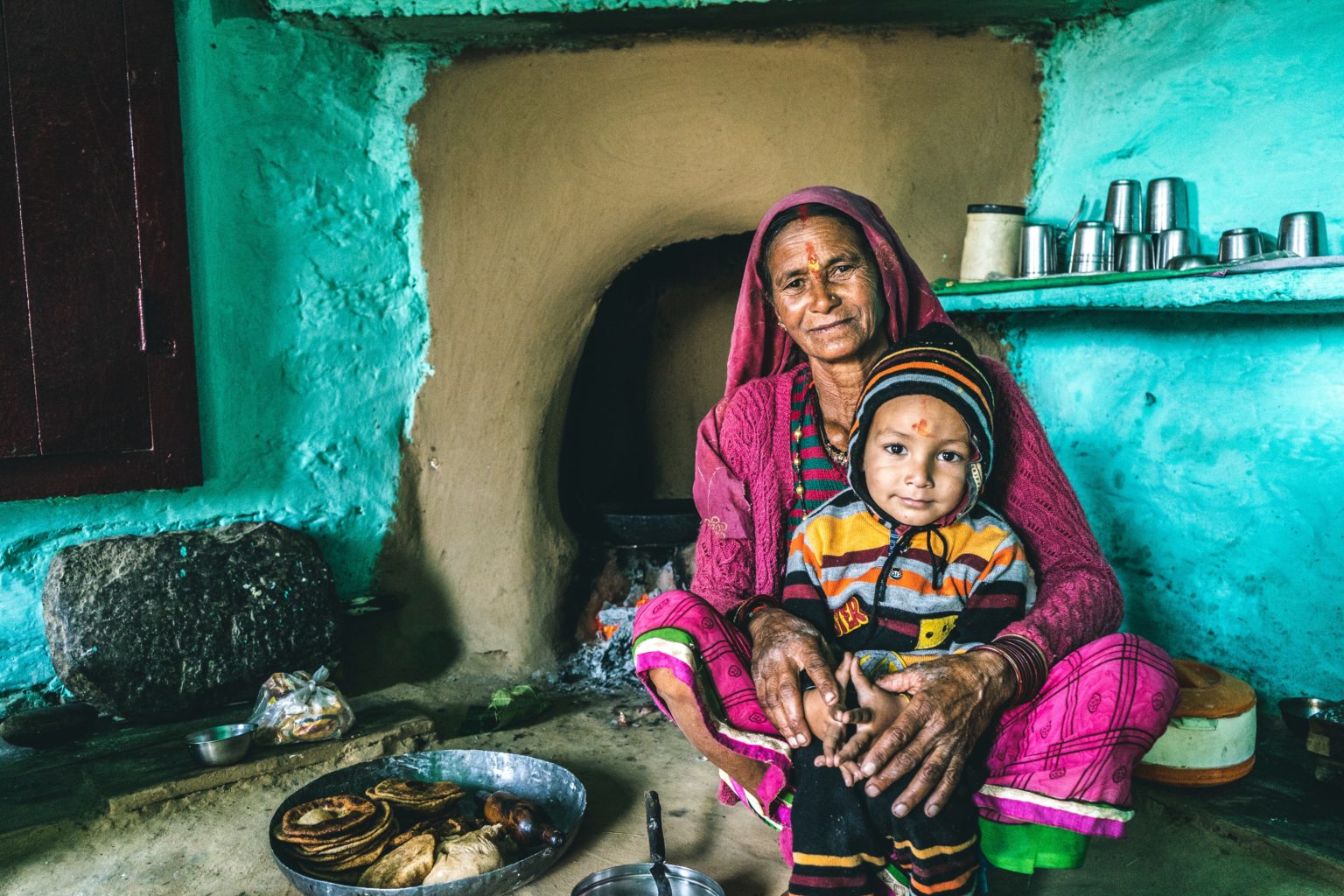
Mukesh Kapila
Election fever is sweeping through the World Health Organization (WHO) in three of its six regions – Eastern Mediterranean (EMRO), South-East Asia (SEARO), and Western Pacific (WPRO). It matters who becomes their regional directors because they have considerable decentralised authority to influence the health chances of billions.
Its regions also make or break WHO globally. Close squeaks, as with Ebola and COVID-19, show that a divided WHO can be catastrophic. Conversely, a united WHO is a vital defence against borderless health threats yet to come.
Take SEARO – the focus of this article, after we earlierconsidered EMRO. The South-East Asia Region is special in WHO annals as it is the first regional office that opened – in 1948 in New Delhi where it is still based.
SEARO’s 11 members are home to two billion people – a quarter of humanity. They range from mighty India (1.4 billion) to the tiny Maldives (0.5 million), with Indonesia, Bangladesh, Thailand, Myanmar, Nepal, the Democratic People’s Republic of Korea (DPRK), Sri Lanka, Timor-Leste, and Bhutan in between.
Remarkable progress
WHO was a household name during my childhood. I got my immunisations at its centres and treasured the stickers I received as a reward. We did not know what the WHO acronym meant but felt its goodness.
Global health’s biggest battles were waged in SEARO with notable successes including the eradication of smallpox, wild poliovirus, and maternal and neonatal tetanus. Several countries have vanquished other conditions: Nepal eradicated trachoma, Maldives eliminated lymphatic filariasis while yaws went from India, rubella from Timor-Leste, measles from Bhutan, and malaria from Sri Lanka.
The region’s people live better with all countries approaching and four exceeding global healthy life expectancy (63.7 years). World Health Statistics indicate that SEARO has posted the fastest decline (57%) in maternal mortality ratio since the millennium and reduced its under-five mortality by 78%. New HIV infections have declined by 50%.
That is not all. The region has hot-housed crucial service innovations such as community health workers and financing, essential drug kits, integration of traditional healthcare systems, malnutrition management, reproductive health outreach, small-scale water and sanitation technologies, and mass health education, among many examples.
To be accurate – these advances did not come from WHO but from increasing prosperity. All SEARO countries except DPRK are now middle-income with Thailand and Indonesia in the upper-middle-income category.
There are also hordes of well-qualified professionals, passionate health advocates and civil society groups in the region. WHO wisely partnered with them to build significant national capacities. That is how WHO accompanied South-East Asia’s post-decolonisation to help countries stand on their feet. It also eased the birth pains of newer nations emerging from bloody civil wars: Bangladesh and Timor-Leste.
Where next for SEARO?
With increased geopolitical interest in health, WHO punches above its weight more than other technical agencies as seen by its participation in political fora such as the G20 whose latest summit was in India. Where does SEARO go next?
It has plenty of unfinished business. COVID-19 was a reality check causing six million indirect excess deaths – the largest among all regions. Service disruptions meant that immunisation rates dipped, and tuberculosis treatment declined. SEARO will catch up but remains ill-prepared for the next pandemic with a low 68% score for self-reported International Health Regulationscapacities.
Women’s health struggles with 47% anaemia prevalence, the world’s highest. Child stunting rates of 30% with its most severe ‘wasting’ form contribute an embarrassing eight million of the 13 million children afflicted worldwide. Water and sanitation coverage lags dismally, contributing 40% of preventable global deaths. With urbanisation edging 40-50% across SEARO, record levels of particulate air pollution and road crashes take years off lifespans.
Storm clouds on the horizon include rapidly increasing anti-microbial resistance. That is on top of climate change causing changes in vector and pathogen behaviours, risking the re-emergence of defeated conditions or increased virulence of familiar infections. Meanwhile, richer lifestyles fuel non communicable diseases risks such as rising blood pressures and obesity across the region.
How will SEARO health systems respond? A prospering but grossly unequal region is pushing 100 million into catastrophic poverty through the world’s highest out-of-pocket healthcare costs. Ironically, the region is a mecca for medical tourism – valued at S$7.5 billion in India alone and projected to rise to $42 billion this decade.
SEARO’s fast-digitising population has high expectations that won’t be satisfied by community health workers. They expect hospital-centered technology-dependent specialist attention. However,SEARO is short of around seven million health workers with only DPRK and Maldives above the WHO thresholdof 44.5 per 10, 000 population. That is not for lack of training. India has the most medical schools in the world and exports thousands of doctors and allied personnel to OECD and Gulf countries.
Contradictory trends mean that SEARO’s Universal Health Coverage (UHC) index has crawled to a disappointing 61 (on a 100-point scale). There is no chance of reaching the SDG target of 80 by 2030 by following WHO’s standard prescription. Where are the new ideas?
Expectations from the new regional director
In short, SEARO has already plucked the low-hanging fruit, and residual and new challenges are not amenable to quick fixes. What is to be expected from the new SEARO regional director elected on 30 October – 2 November by 10 voting states (Myanmar’s military regime is disenfranchised under UN sanctions)?
The new leader must be humble to understand that whereas WHO was once indispensable to advancing health in the SEARO region, that is no longer the case. As ever-stronger nations grip their own destinies, and their populations’ health is dictated by externalities that only they can manage, SEARO (and wider WHO) must recalibrate its role.
The region has a cornucopia of strategies, frameworks, goals and targets bestowed by global and regional governance bodies or special interest lobbies. The incoming regional director needs political courage and clarity of purpose to cut through them to define the few essential works that SEARO is best placed to do.
Change at the regional level means more than moving into its smart new premises, a $30 million gift from the Indian government. It requires re-setting the bloated Delhi regional office with its wasteful, initiative-sapping rituals and regulations that have left staff at their lowest morale. A more collegiate leadership style and greater diversity of appointments from around Southeast Asia should reduce a stultifying atmosphere more reminiscent of the British Indian Raj than modern corporate management.
A murky election
Who can do this? Astonishingly, Southeast Asia’s vast reservoir of talent has turned up only two candidates (compared to six in EMRO and five in WPRO elections). The SEARO contenders are from Bangladesh and Nepal.
Bangladesh’s nominee, Saima Wazed, also holds Canadian citizenship. She has a Master’s degree in psychology and specialises in autism. Her passion for this neglected aspect of mental health is admirable. Her pitch emphasises the continuity of SEARO flagship programmes while promoting partnerships and inclusion of marginalised groups.
Unfortunately, her own capability statement does not reveal the “strong technical and public health background and extensive experience in global health”, required by the official criteria for the role. Or the mandatory substantive track record in public health leadership and significant competencies in organisational management.
Her rival is Nepal’s Dr Shambhu Prasad Acharya with a public health doctorate and Masters qualifications in business administration and sociology. He has 30 years of substantive leadership and management experience at WHO headquarters, SEARO, and at country-level organising practical programmes in many places.
Born in a rural farming community, he appears committed to diversity and sensitive to social disadvantage concerns. His future vision seeks population well-being, accelerated Universal Health Coverage, strengthened future pandemic and emergency preparedness, innovating to bridge inequities, and championing an inter-connected WHO.
It is banal to say that the best candidate should get the job in a fair competition. But the SEARO election is no ordinary process. Wazed is the daughter of the Bangladesh Prime Minister. Of course, that should not he held against her as even the offspring of a privileged public figure has the right to make their own career.
But being introduced by her mother at recent high-level summits such as BRICS, ASEAN, G20 and the UN General Assembly to craft deals in exchange for votes may be seen as crossing the fine line between a government’s legitimate lobbying for its candidate and craven nepotism.
Earlier, intense political pressure from Bangladesh appears to have dissuaded good competitors from within Bangladesh and other countries. Nepal is now under intensified pressure to withdraw its nominee and allow Wazed to be anointed unopposed.
The waters are further muddied by a complaint to WHO legal authorities alleging that Wazed may have faked her academic credentials and lacks the constitutionally required qualifications and experience. The requested investigation cites the dismissal of the previous Western Pacific Regional Director as an example of the Organization’s ‘zero tolerance’ policy towards lack of integrity. But it is unlikely that Geneva will wade in and future investigations – if any – will be long after the event.
Such shenanigans in SEARO plumb a new low in multilateral ethics and standards. They undermine the WHO when we need global health cooperation more than ever. Whether raw politics or principled professionalism will decide the election of the next regional director remains to be seen while, regrettably, the health of Southeast Asians is just an afterthought.
Mukesh Kapila is a physician and public health specialist who has worked in 120 countries, including as a former United Nations (UN) Resident and Humanitarian Coordinator in Sudan and a UN Special Adviser in Afghanistan.







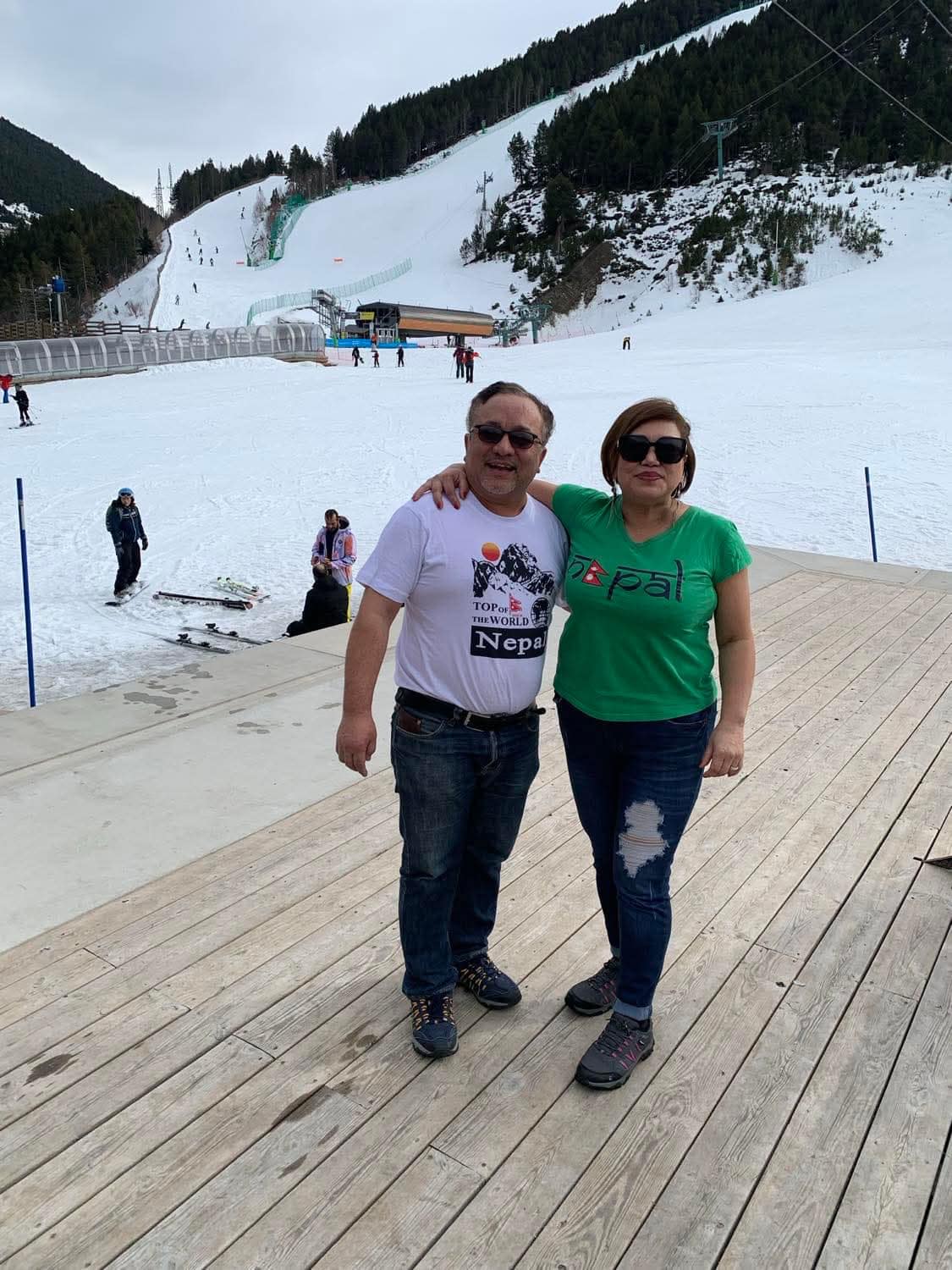
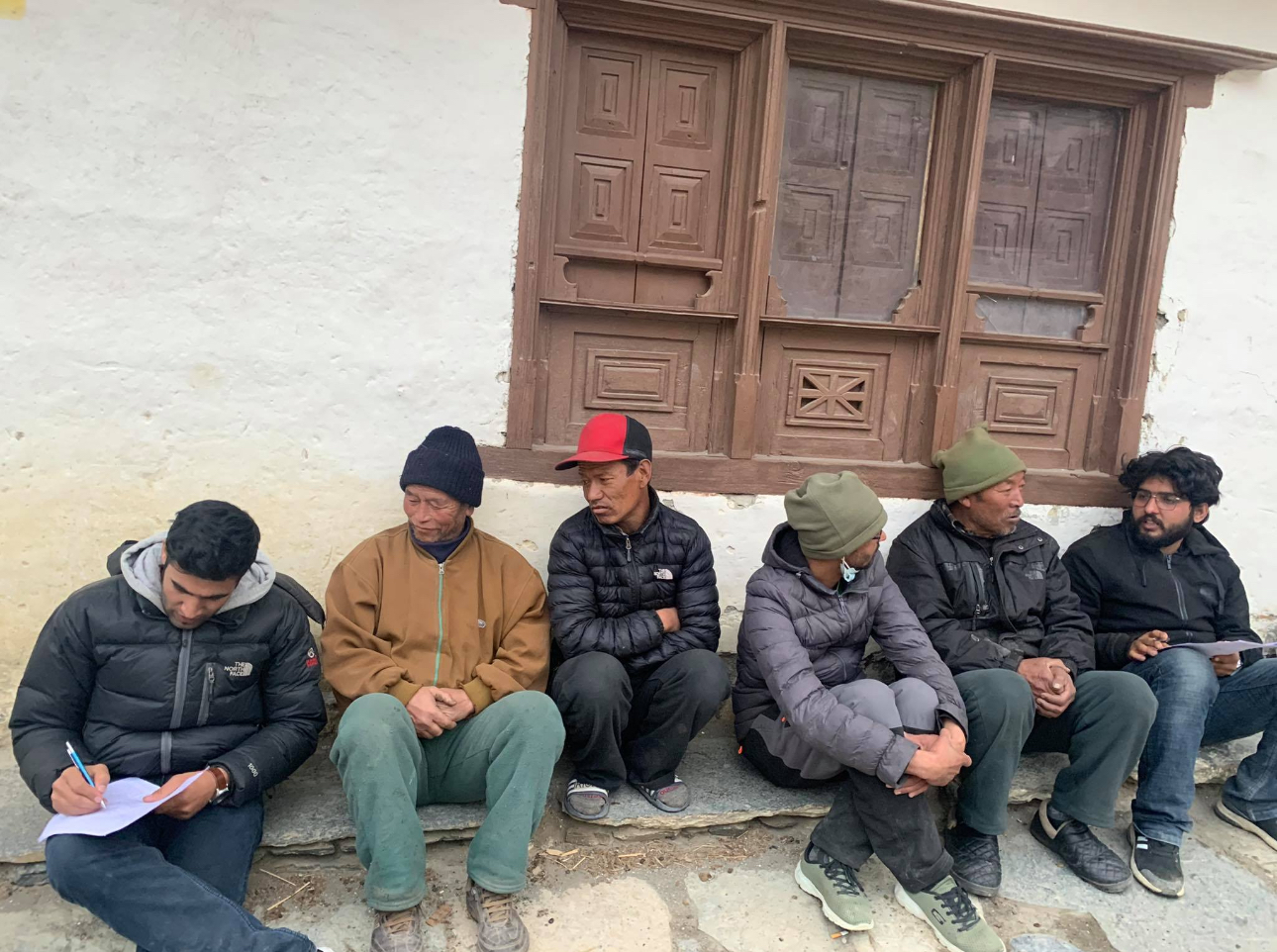
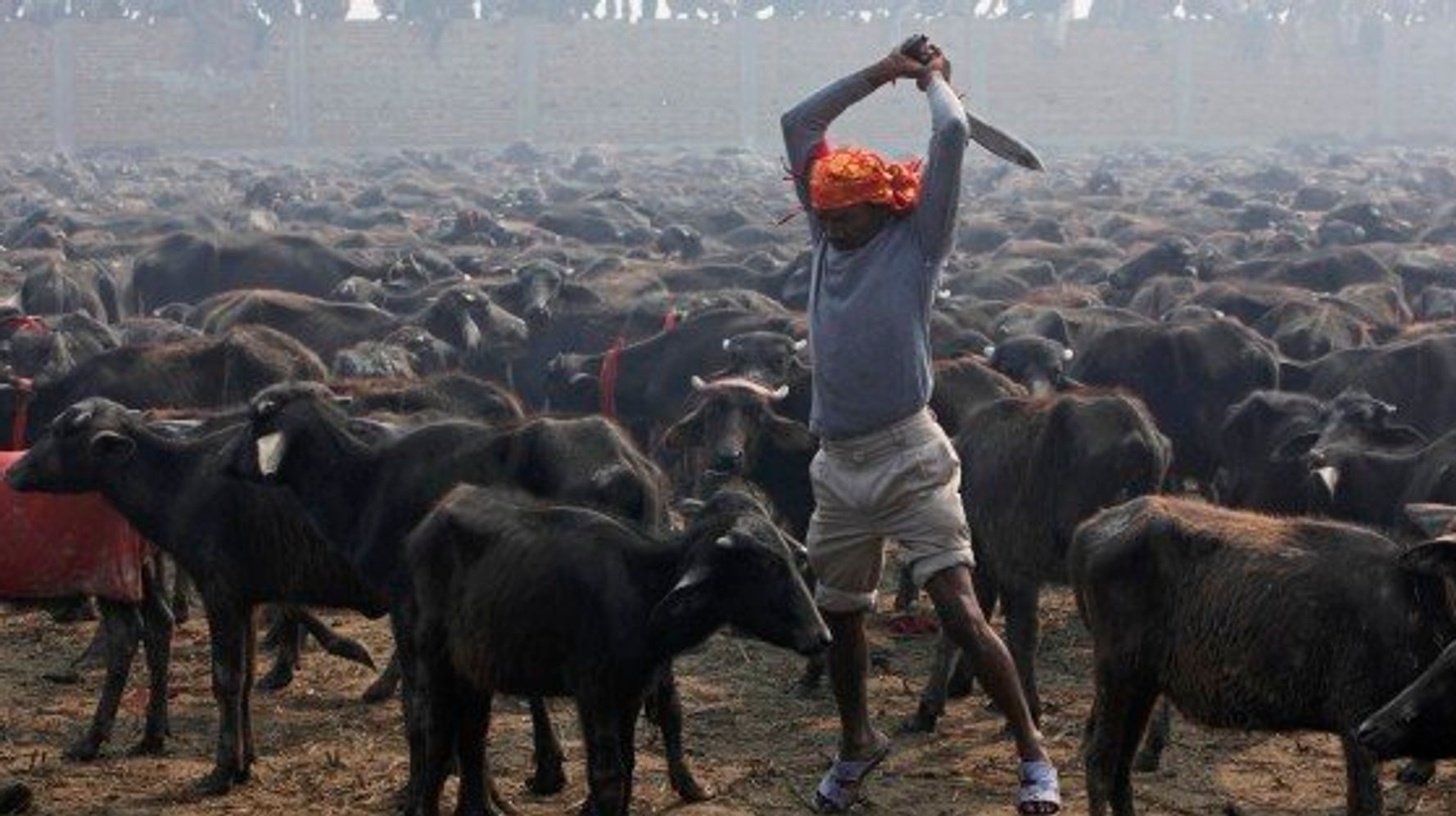

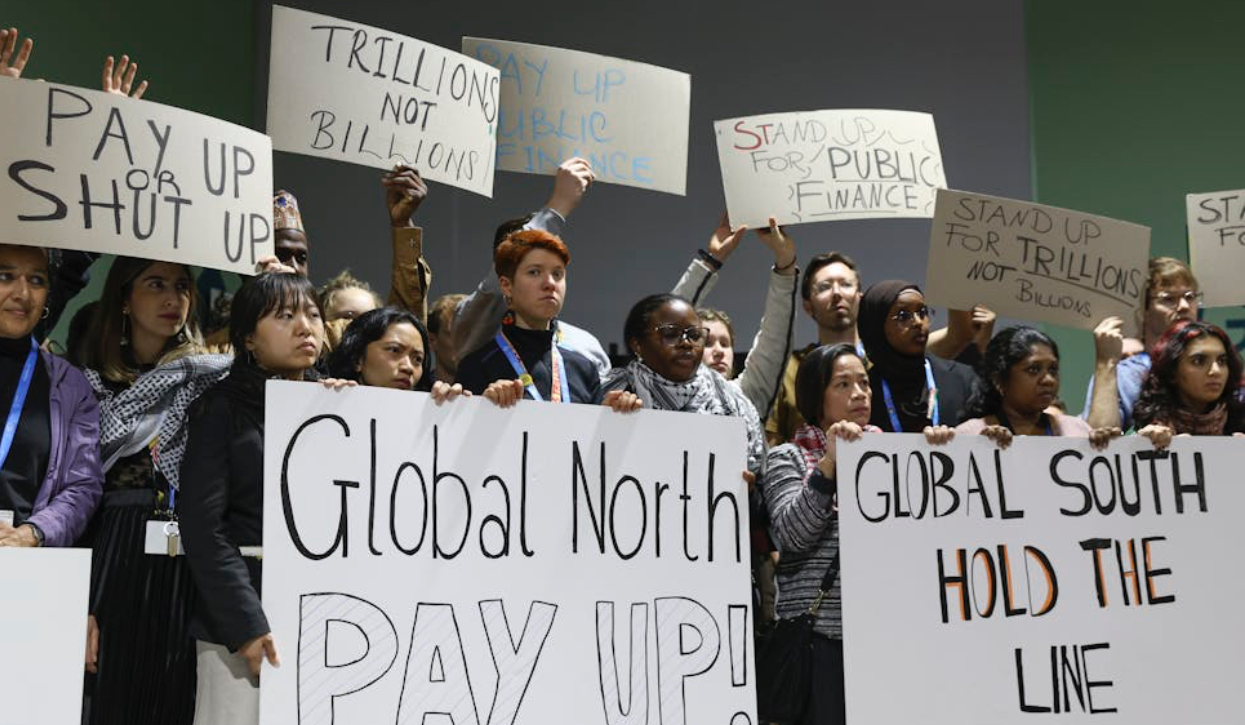






Facebook Comments